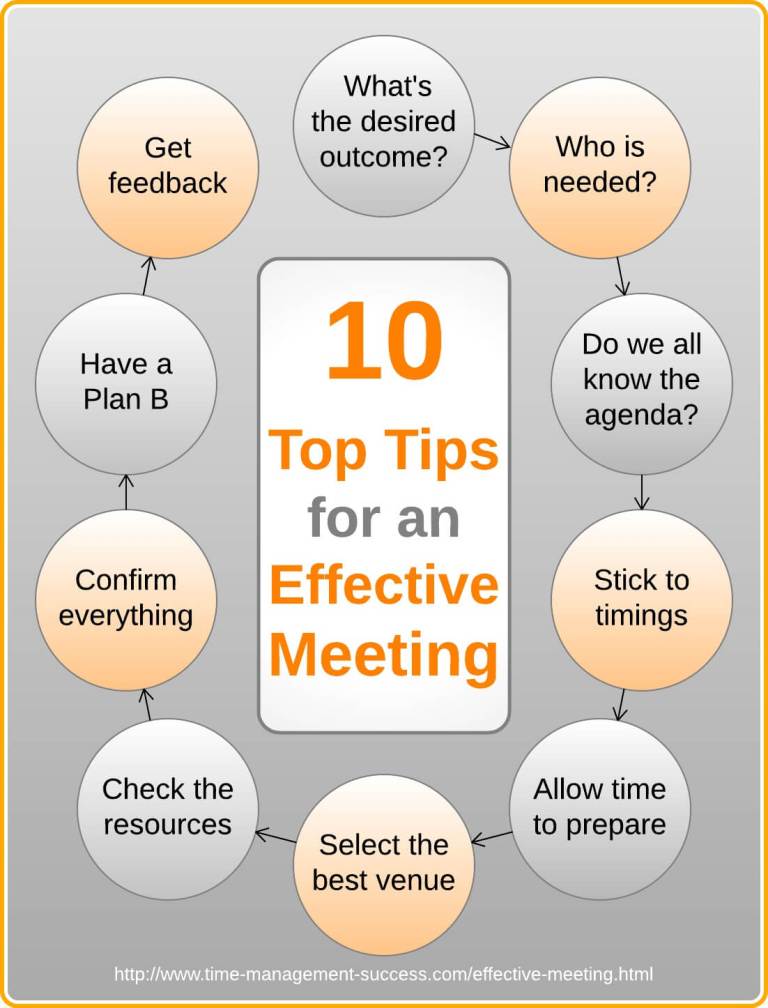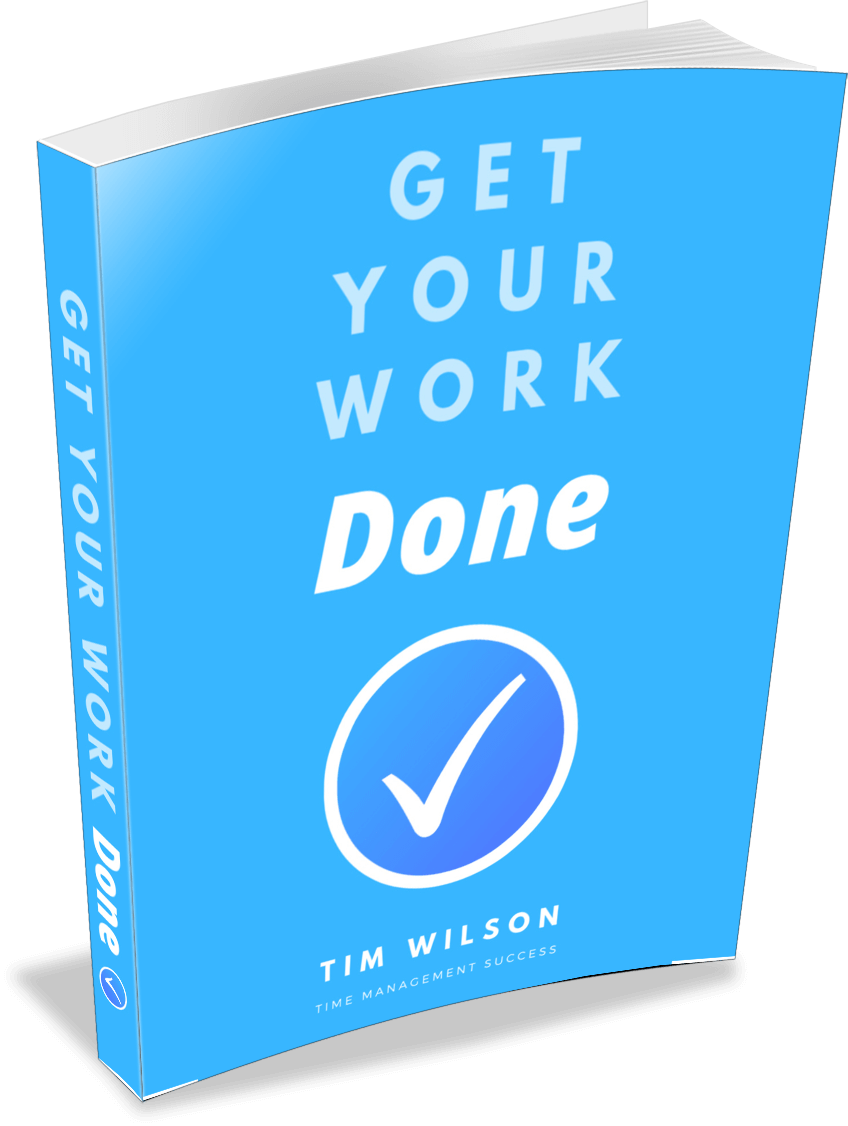10 Tips for Planning an Effective Meeting
Let's be frank -- effective meetings that justify their time and expense are rare.
A meeting that people actually value needs to be planned. The last thing anyone wants is yet another boring time waster.
If you're planning to run a meeting soon follow these guidelines to ensure yours is purposeful and productive.
First, ask yourself two questions:
"Do we really need it?"
People are busy. Do they really need to meet in person? Could the information be shared remotely instead?
Make sure the meeting matters.
"How should we meet?"
Meeting face to face is easy to set up if you’re all in close proximity.
But it costs a lot more time and money to run a meeting if you’re not nearby. Is a group meeting online viable? Time spent to decide this now will save a lot more time later.
Decided?
Okay, now it's time to plan...
10 tips for an effective meeting
1. Outcome over aim
What outcome do you want?
Planning an effective meeting means producing and sharing an agenda that has specific outcomes as opposed to general aims. People want to leave with a clear idea of what to do next.
2. Invite only those who need to be there
Who doesn’t need to be there?
How could you tactfully explain that their presence is not required? You’re wasting everyone's time if you don’t.
3. Understand the agenda
Make sure it’s crystal clear to everybody. Are you expecting someone to share information? Make sure they know what, why and when.
4. Tell the time
People need to know when the meeting starts. They like to know when it will end. Use a timer to establish limits to force an increase in productivity.
5. Give people enough notice
Depending on the size and scale of the meeting, make sure those who need to be there have enough time to digest the agenda. They can then plan and prepare
6. Choose the venue
People work best when they’re alert, so appeal to their senses. Choose somewhere to meet that is cool, clear, light, quiet and fresh smelling. If it is not, make it more so.
7. Check the resources
Have you got all the meeting tools you want? These include everything from speakers to sandwiches. Will a meeting ice breaker be used? Who will take the minutes? Create a meeting planning checklist to ensure you have everything and everyone you need.
8. Confirm everything you can think of
The venue, delegates, visiting speakers and anybody else you expect to be there. A quick message (or, better still if you have the time, a phone call) pays dividends.
9. Back up
Expect the best, prepare for the worst. Have a Plan B ready. Data projectors and coffee machines are fickle beasts!
Technology enhances things but it is never 100% reliable.
10. Follow up
Regular meetings? Get feedback at the end to help you plan an even more effective meeting next time. Prepare a simple feedback sheet for the end.
The more experience you have of planning meetings, the smoother they will run.
Most importantly, they will be worth people's time.
- Home ›
- Planning an Effective Meeting


